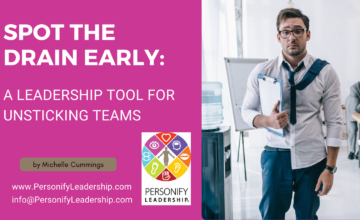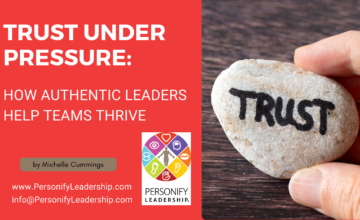The Emotional Resiliency of Olympic Athletes
- Sep 15, 2022
- By personifyadmin
- In Newsletters
- 0 Comments
I’m sure many of you tune in for the Summer Olympics when they air, and the Paralympics generally start a week later. For many Olympic athletes, the Olympic Games represent the culmination of their hard work and athletic achievement. I can’t imagine how much time, hard work and sacrifice has gone into preparing for this one small moment of time. With this level of international exposure and pressure, I’m sure emotions run high as athletes prepare to be in the best condition physically, technically, mentally and emotionally. Every athlete from every country has put in relentless hours trying to become the best that they can be at something they love and bring home a medal that honors the individual, the team and their country. The years of preparation come down to a few minutes or even seconds of competition. How can an athlete not be overwhelmed by emotions? How can they stay emotionally resilient in the moment?
We define emotional resiliency as the ability to adapt to stressful relationships and situations in the workplace. For the Olympic athlete, emotional pressure is not new to them and it is something they train for. They may experience a wide range of emotions from fear and anxiety to exhilaration and inspiration in any competition in any moment! Being an emotionally resilient leader is really not all that different. Today we’re going to take a look at three key tools for the Emotionally Resilient Olympic Athlete(Leader): Self-Awareness, Internal Locus of Control and Connection.
Self Awareness: During the Olympics, the emotions of the athletes can easily be heightened by pressures of competing, and to win not only for themselves but for their country. Each athlete must be acutely aware of what their biofeedback is when it comes to their stress level. Think about it, when you get stressed out, where do you feel it in your body? How do you know when you’re stressed? It is the same for an Olympic Athlete. They must train for the emotional stress of the games as much as they train for the physical aspect of their sport. Emotions on either extreme can serve to help or impede one’s performance. One must know their strengths and weaknesses in their physical, mental and emotional worlds. Mental and emotional resilience is as important as physical activity. For the everyday leader, we also must know what our biological response and behaviors are to stressful relationships or situations. Being more aware of these factors is our first line of defense against unhealthy stress.
Internal Locus of Control: Internal Locus of Control can be defined as the belief that the events in one’s life, whether good or bad, are influenced by controllable factors, such as on’es attitude, preparation and effort. Most athletes have put in the many hours of preparation and effort to get to the international stage – that is something they have control over. If they feel good about their training, they usually also have great confidence and a high disposition of hope and optimism, which influences their performance. Focusing on what is in your control is a key factor of an emotionally resilience athlete. Training and dedication optimizes emotional preparedness which is similar to training of physical and technical abilities. It is the same for the everyday leader. In order to be emotionally resilient, we must be internal locus-of-control focused, or focusing our energy on what is in our control.
Connection: The third skill to minimizing stress is Connection to Others. This quote by Brene Brown sums up the value of connection nicely: “Energy exists between people when they feel seen, heard and valued; when they can give and receive without judgment; and when they derive sustenance and strength from the relationship.” When athletes are chosen to represent their country, they are immediately connected to a group of people that will be cheering for them on an international stage. Their physical strengths and abilities will be admired and revered, and an entire country will be watching to see you perform against the best of the best. If you watch any of the interviews of the athletes after their events, most of them will say what an honor it is to represent their country and how much the well-wishes of their fellow countrymen and women encourage them to do their best. The sense of connection to millions of people cheering them on is a critical factor for an athlete’s success. It is the same to an everyday leader. Having a support system with people who make you feel seen, heard and valued is an essential element of being a leader who is emotionally resilient.
This week as the Paralympics begin, I think about how these athletes have already shown the true spirit of being an emotionally resilient leader. They have already demonstrated that they can focus on what is in their control, by not focusing on their limitations. I look forward to watching the undeniable focus, resilience and strength of each Paralympian.
~Michelle Cummings, CEO of Personify Leadership






Recent Comments